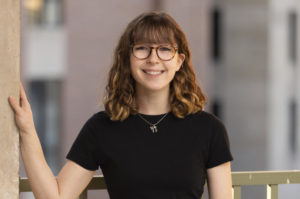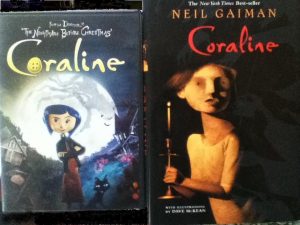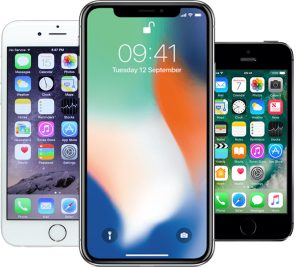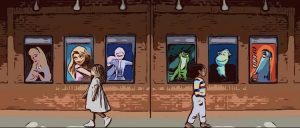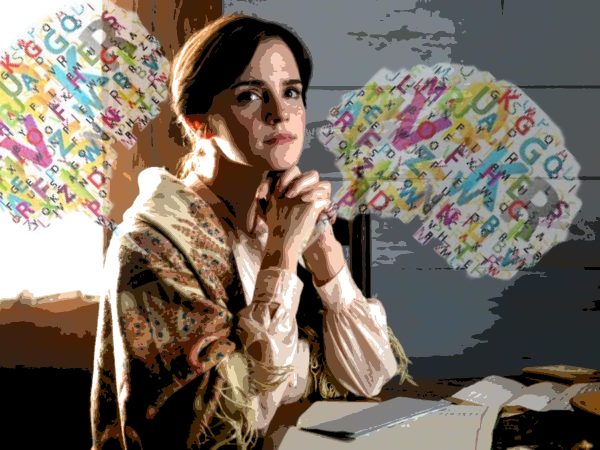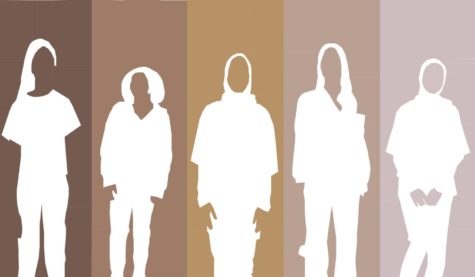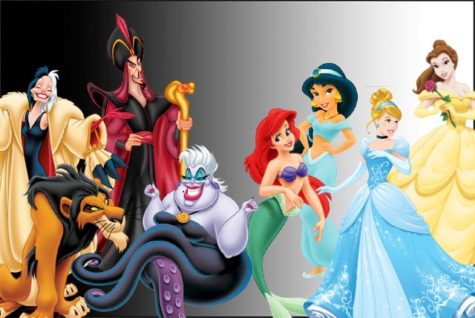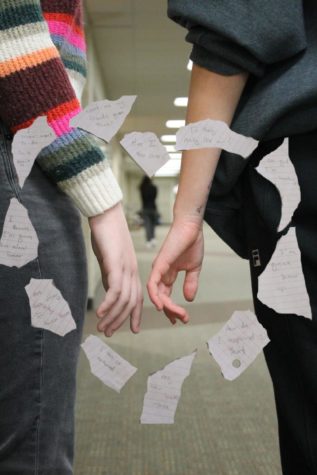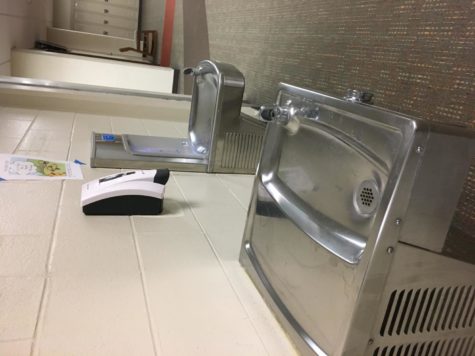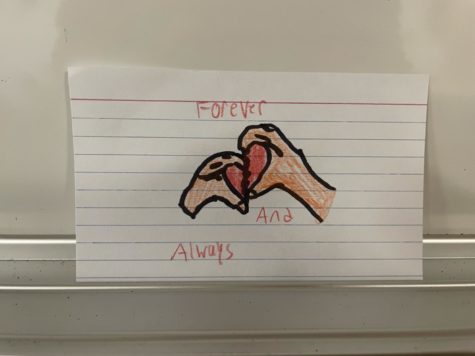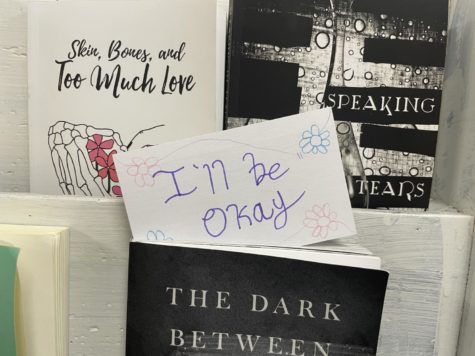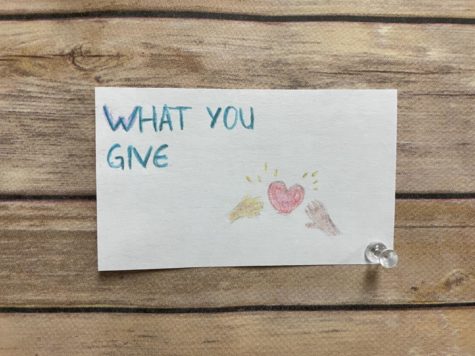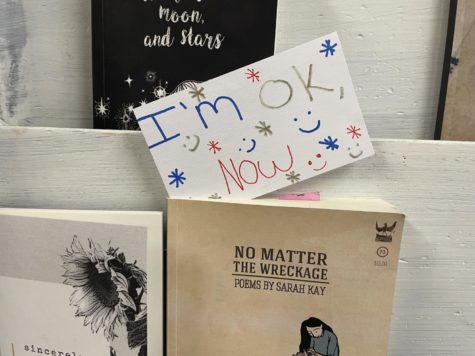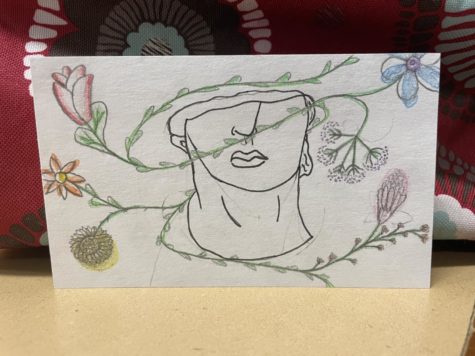Whose story is history?
October 20, 2016
After taking IB 20th Century my junior year of high school I became aware of a problem that schools in America have faced for centuries: the whitewashing and bias from American History textbooks, literature and curriculum.
I began to realize that this was a problem when my instructor brought up what most historians call “the rape of Nanking.” I was not surprised that I hadn’t heard about it because it was between China and the Japanese army pre-world war two, but after learning about what it was, I was shocked. Japanese soldiers massacred over 300,000 Chinese citizens in the village of Nanking including men, women, and children, and afterward raped many of the remaining survivors.
This is a tremendously significant event in world history, and I was appalled that I had never learned about it before. I was so taken aback by what I had learned that for the next several days I asked a handful of educated adults about what they knew about the massacre of Nanking and each adult I asked knew nothing. As a class, we opened our world history textbooks and looked for where they talked about the Nanking massacre. It was only mentioned once and included one sentence listing the death toll. After this eye-opening discussion, I started to reflect on what I had learned in my previous history courses and realized that in elementary school we only spent a couple of days learning about the Trail of Tears (when the United States committed genocide on the Native Americans) but instead focused on how we had seemingly won every war, including the War of 1812, when in actuality, the United States had lost almost every battle of that conflict and issued an unconditional surrender without firing a single shot. Why aren’t we learning the true history of your country and our world?
It is impossible to not notice and address the fact that regardless of the grade of history, we are taught from a biased standpoint. Learning about our world and nation this way, from a single perspective, hinders us from learning the whole story and learning the essential lessons from itt. We as students are not receiving our full education learning just from one standpoint. In order to fully understand, absorb, and apply our knowledge, we need to include how the other side perceived it. I had to get all the way to IB at a large, suburban school to have been taught to realize and understand the effects of bias on knowledge. This shouldn’t be a privilege; it should be a right for all student every where. George Santayana said, “Those who cannot remember the past are condemned to repeat it.” Learning biased history is just as bad (if not worse) that not remembering it, and it’s our generation that will see it repeat.



